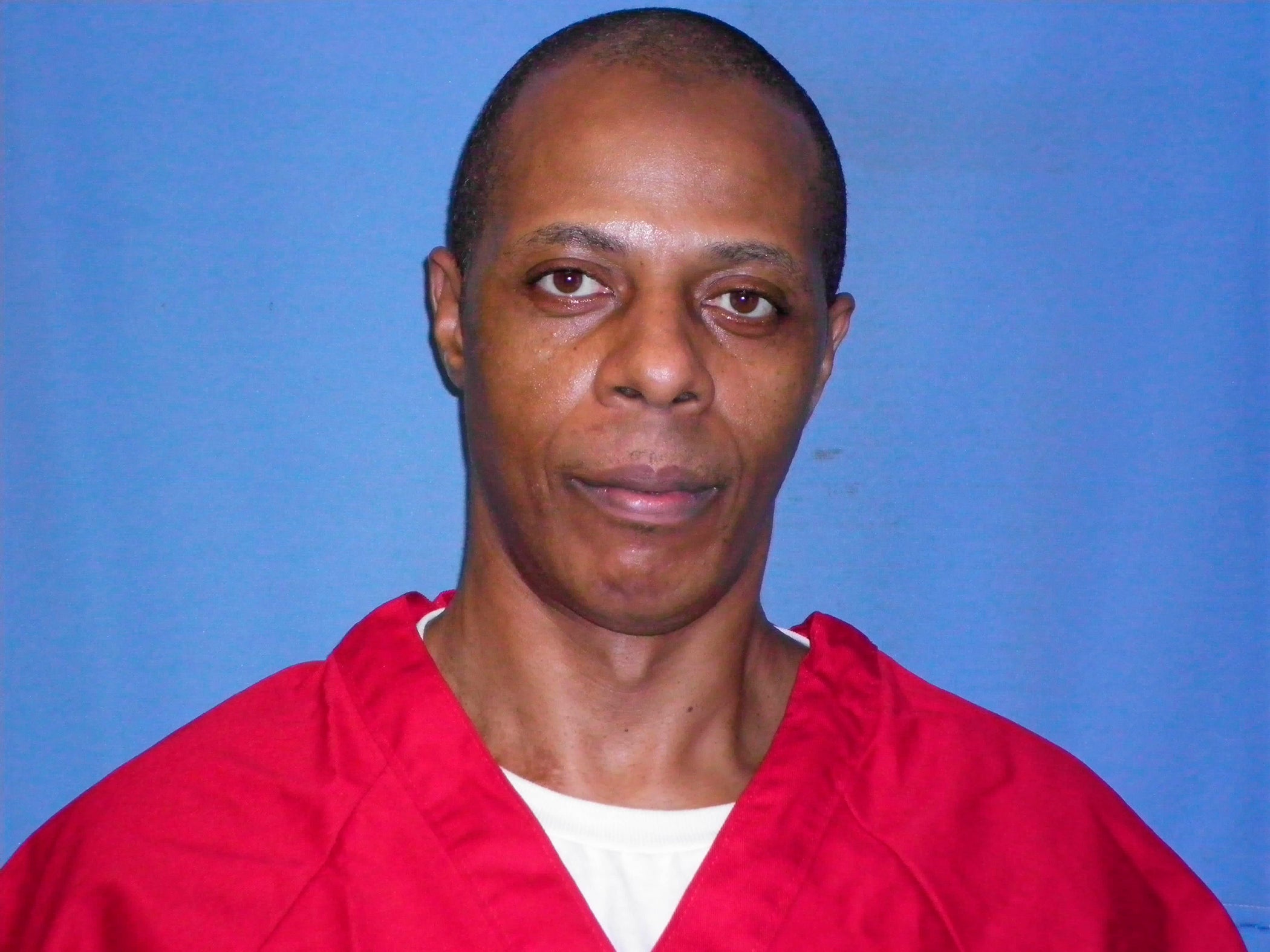Mississippi Supreme Court delays decision on whether to set execution date for man on death row
The Mississippi Supreme Court has temporarily delayed ruling on whether to set an execution date for a man on death row for capital murder

The Mississippi Supreme Court has temporarily delayed ruling on whether to set an execution date for a man on death row for capital murder.
The state Supreme Court ruled Thursday that the Mississippi Attorney General's motion to lift a stay and set an execution date for Willie Jerome Manning, 55, would be held in abeyance until the Court rules on Manning's petition for post-conviction relief.
Manning was convicted in 1994 on two counts of capital murder in the December 1992 killings of Mississippi State University students Jon Steckler and Tiffany Miller. The bodies of Steckler and Miller were found in rural Oktibbeha County, and Miller’s car was missing. The car was found the next morning. Prosecutors said Manning was arrested after he tried to sell items belonging to the victims.
Manning has maintained his innocence and sought to have evidence in his case re-examined.
Manning’s defense team petitioned in September for post-conviction relief based on “newly discovered evidence and scientific developments undermining Manning’s conviction.” Attorneys submitted the petition days before the U.S. Supreme Court denied a request to have evidence in the case tested at a specialized laboratory.
In 2013, shortly before Manning was scheduled to be executed, the U.S. Justice Department said there had been errors in FBI agents’ testimony about ballistics tests and hair analysis in the case. Manning’s attorneys asked the Mississippi Supreme Court to stop the lethal injection, and justices voted 8-1 to delay the execution to allow the testing of evidence.
Manning’s attorneys asked an Oktibbeha County circuit judge for permission to send items to a more specialized lab. The judge denied that request, and the ruling was upheld by the Mississippi Supreme Court.
On Nov. 9, the Attorney General's Office filed a motion to schedule an execution date for Manning. It also asked for additional time to respond to Manning's petition, and the Court approved a Dec. 29 extension.
In an email, Krissy Nobile, Manning’s attorney and the director of the Mississippi Office of Capital Post-Conviction Counsel, said she is “pleased the Court is requiring the State to respond to Mr. Manning’s previously filed Post-Conviction Petition.”
___
Michael Goldberg is a corps member for the Associated Press/Report for America Statehouse News Initiative. Report for America is a nonprofit national service program that places journalists in local newsrooms to report on undercovered issues. Follow him at @mikergoldberg.
Bookmark popover
Removed from bookmarks